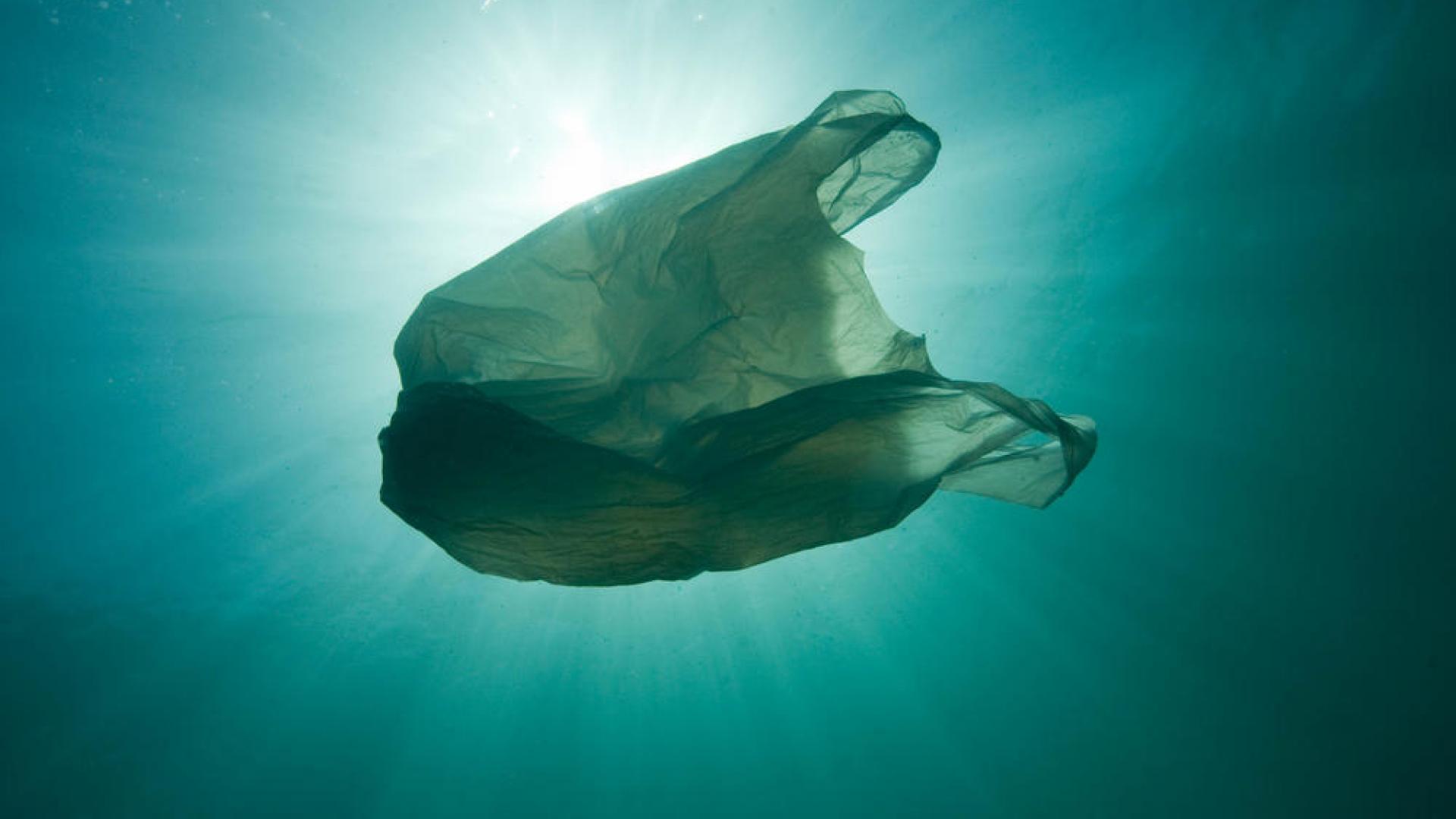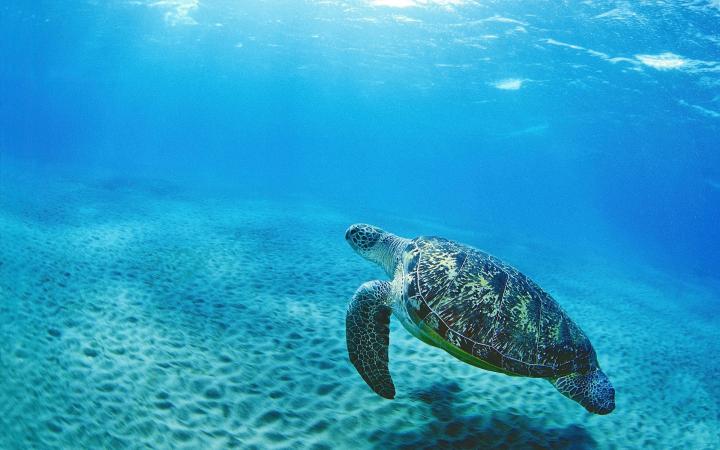Towards A Circular Economy
Plastic may be helpful, but plastic waste is NOT
Plastic has found its way into most parts of our daily life. We use it to store our food, consumer goods and medicines, and to make countless products. But over time we have become too dependent on unnecessary plastic. The average person in the UAE consumes 94 kg of plastic per year – a number that is expected to keep growing.
This is a tremendous problem, because plastic doesn’t just ‘go away.’ It sticks around, taking hundreds of years to degrade. Plastic waste isn’t restricted to our landfills. A huge amount, 8 million metric tons, finds its way into our oceans every year. This has a devastating effect on marine mammals and sea birds who are at risk of ingesting the plastic or getting entangled within abandoned fishing nets. In the gulf region, abandoned fishing traps, or gargoors, have been identified as a risk to local populations of sea turtles and dugongs.
Time is ripe for change
Contributing to UAE’s circular economy
Emirates Nature-WWF’s approach is to limit the damage caused by existing plastic waste and to help businesses minimize future waste across their supply chains.
Partner with us on our upcoming initiatives to address plastic waste in the UAE.
Sign up to learn More about Partnerships >
Knowledge partnerships
- Private-sector education on reducing supply chain impact
- Local Ecological Knowledge (LEK) surveys to assess impact of abandoned fishing gear
Public and youth engagement
- Awareness campaigns addressing single-use plastic
- Innovation award competitions and citizen science initiatives to inspire upcycling of marine litter
- Clean-up campaigns
Science-based resources and tools
- Set up of an Extended Producer Responsibility Scheme
- Development of material guidelines and Life Cycle Assessments to reduce the footprint of packaging
- Development of Optimal Packaging Matrix and local end of life guidelines for producers and policymakers






